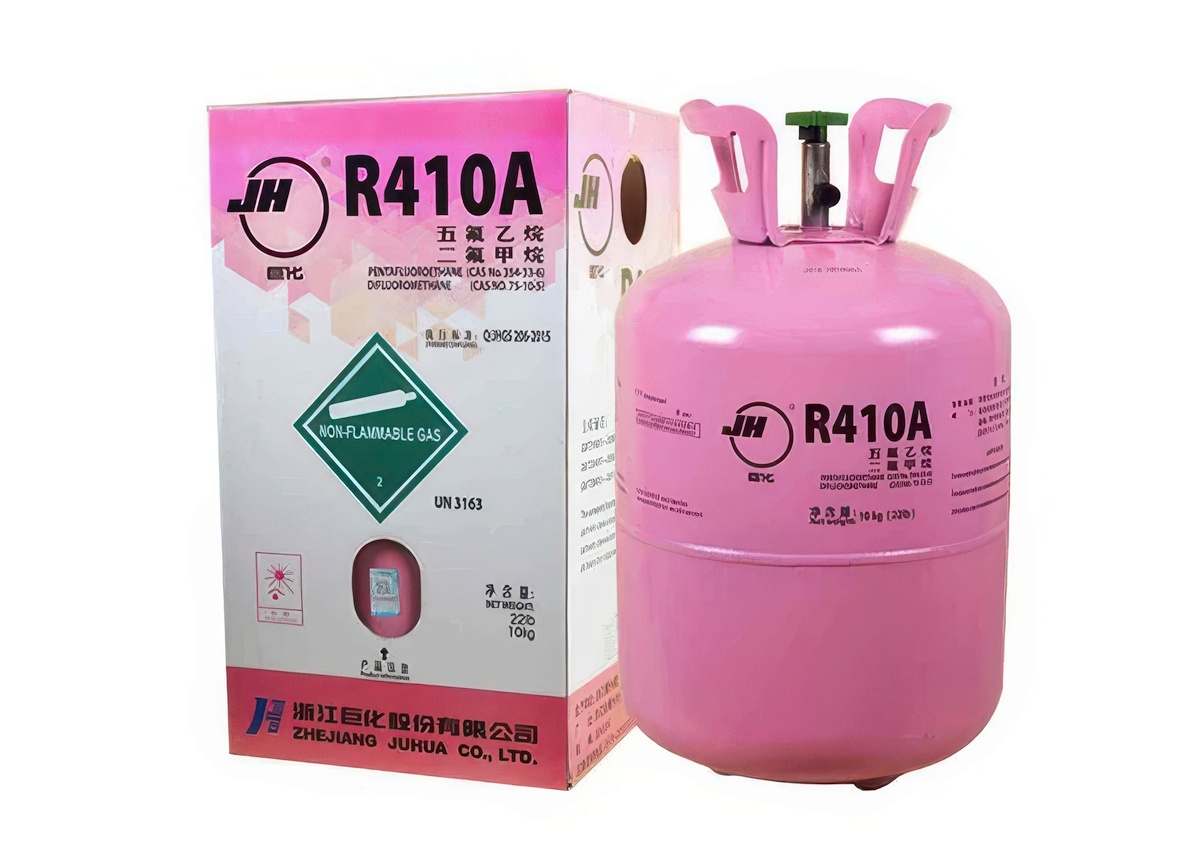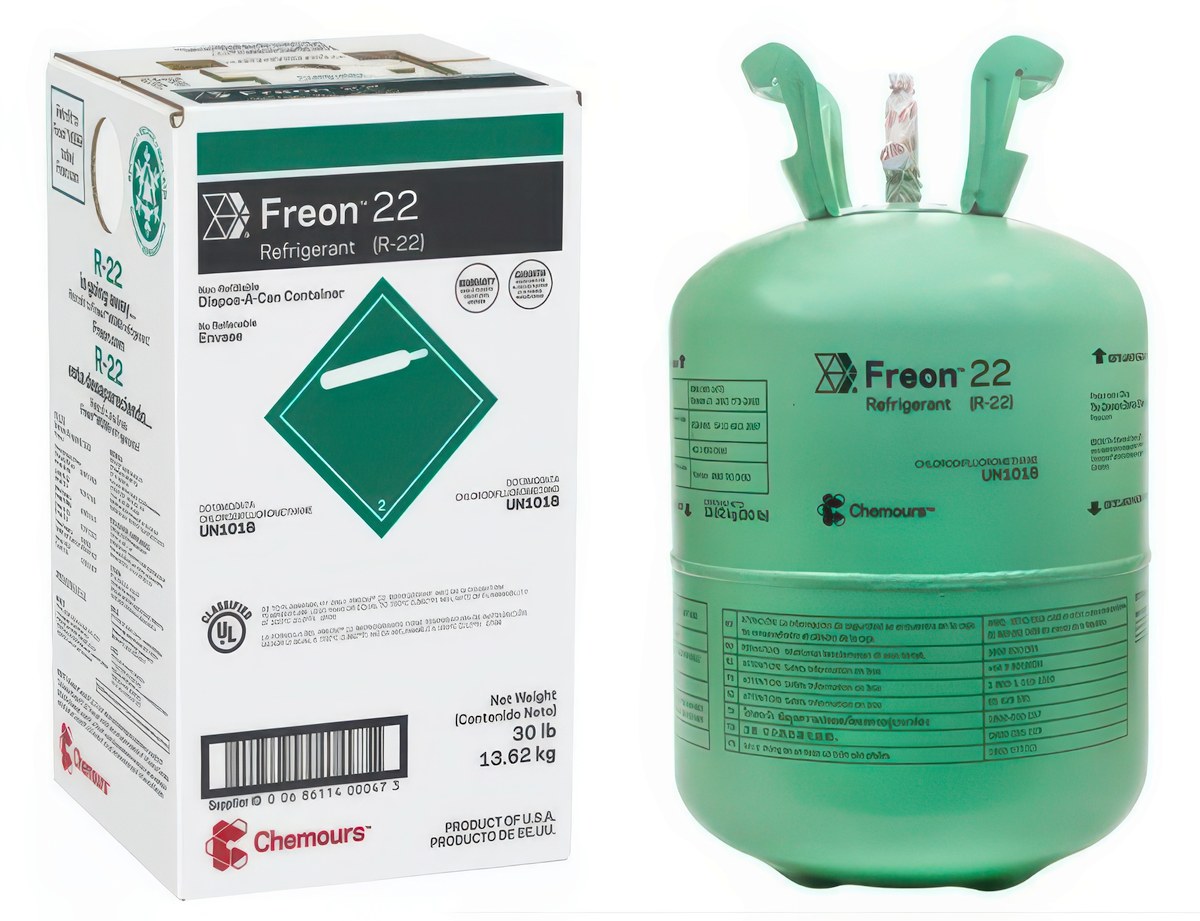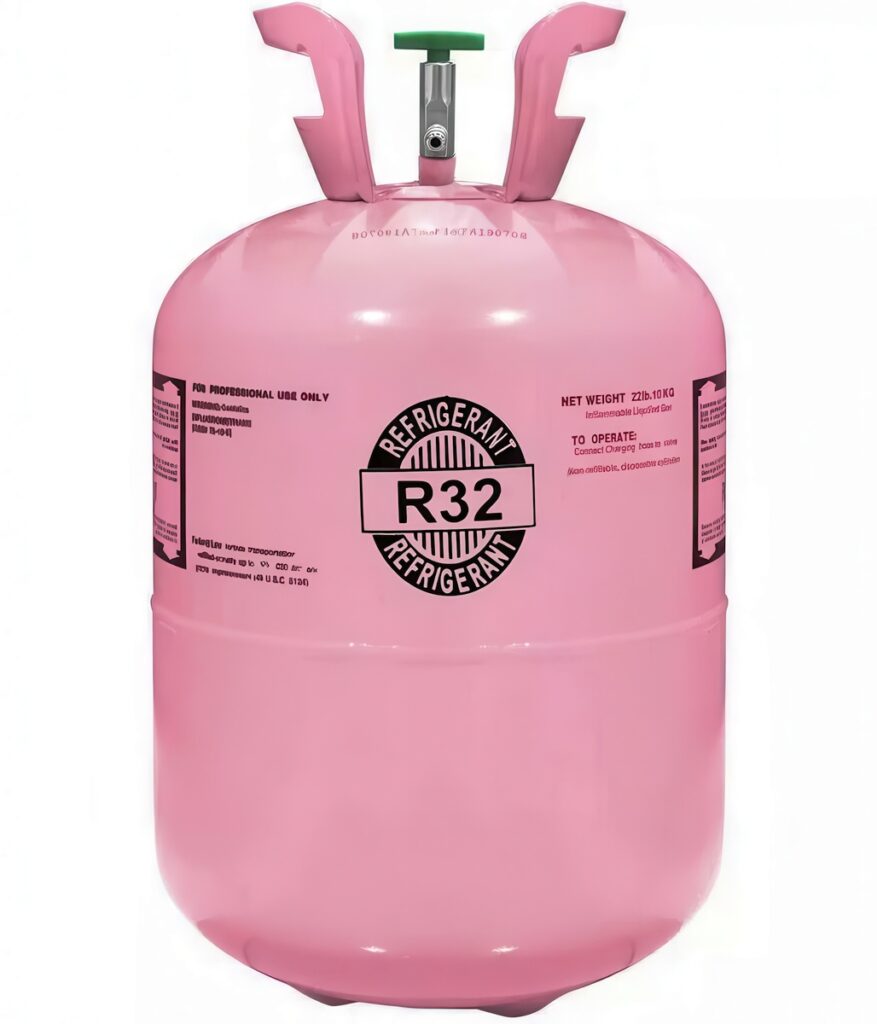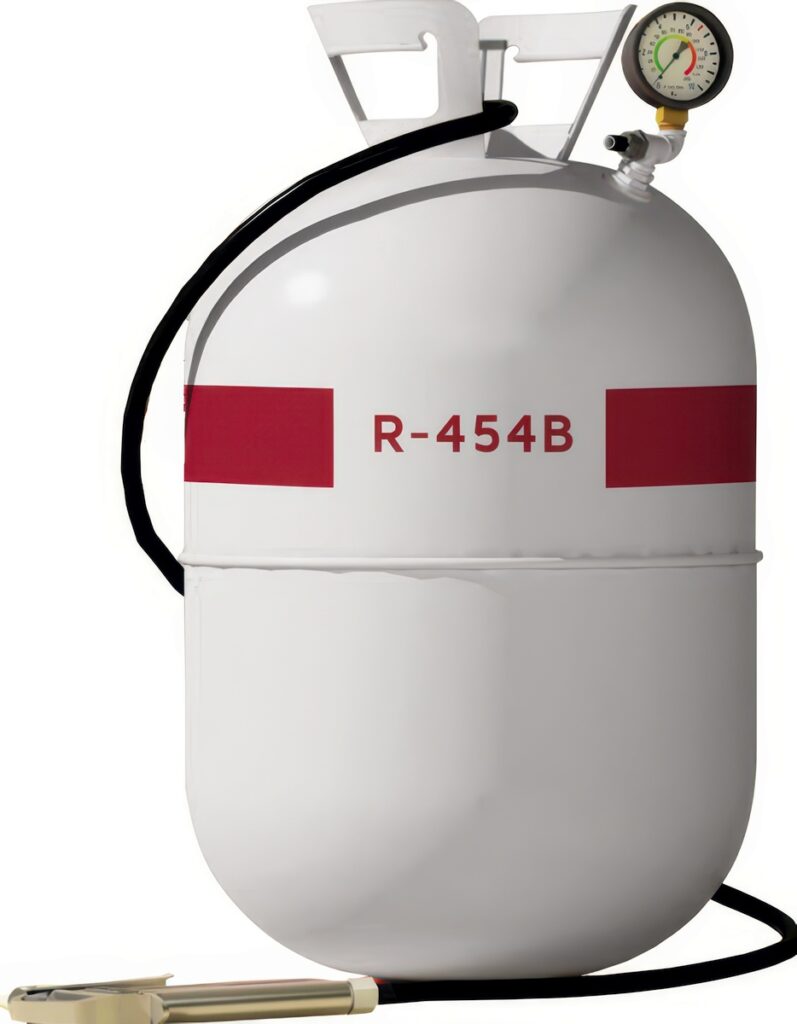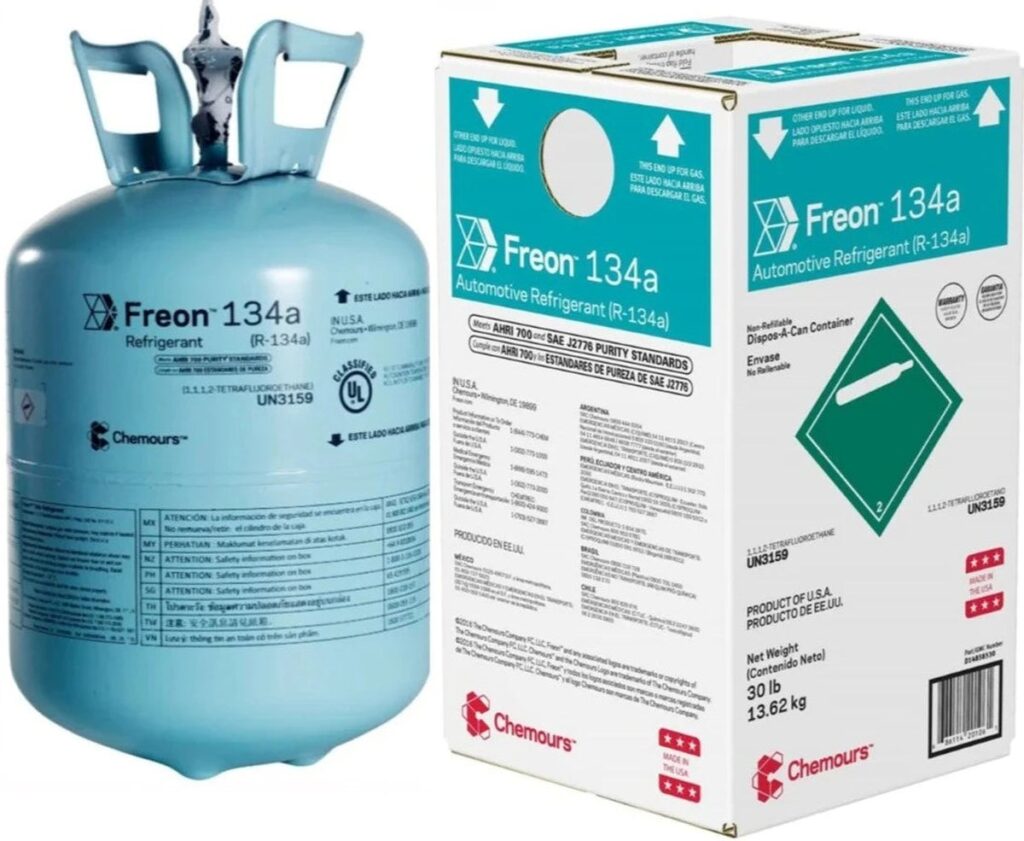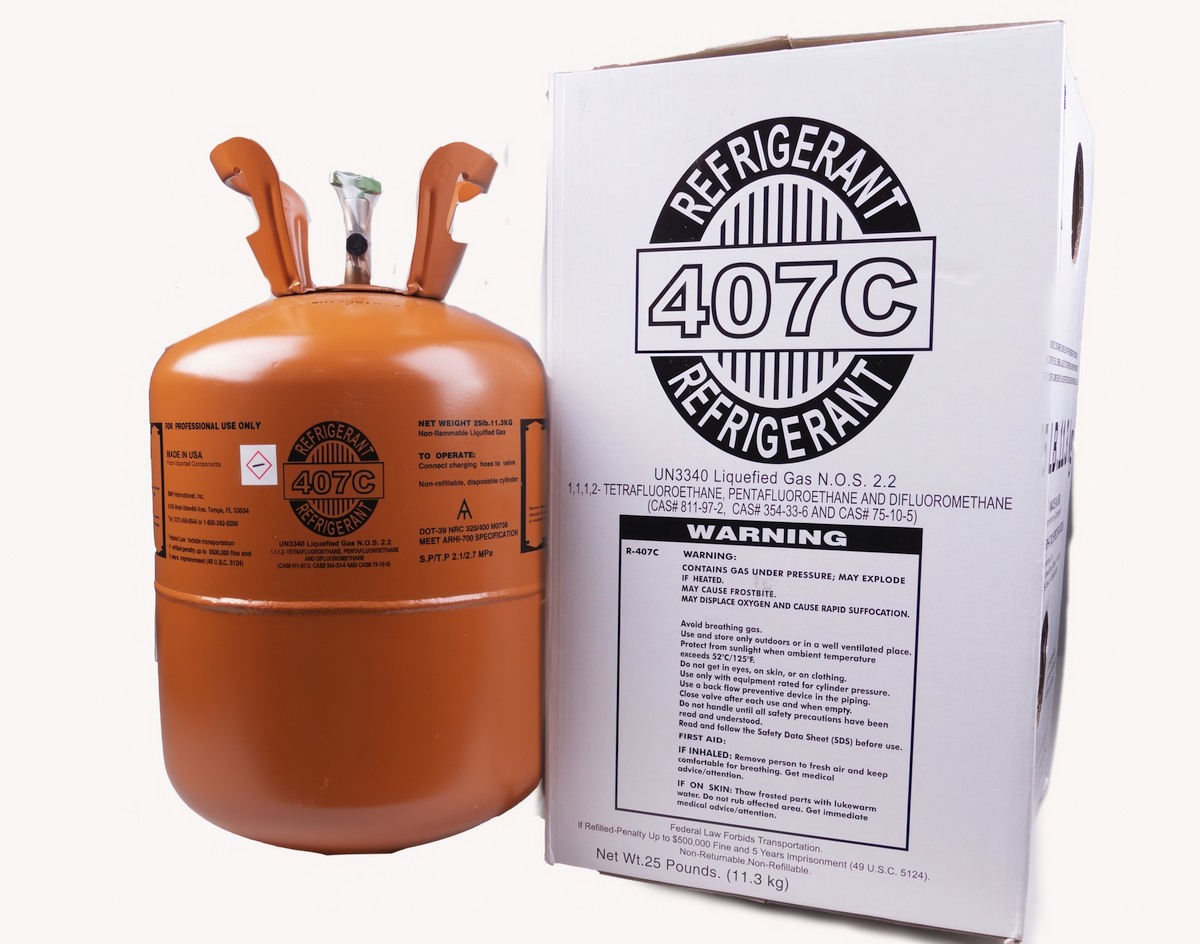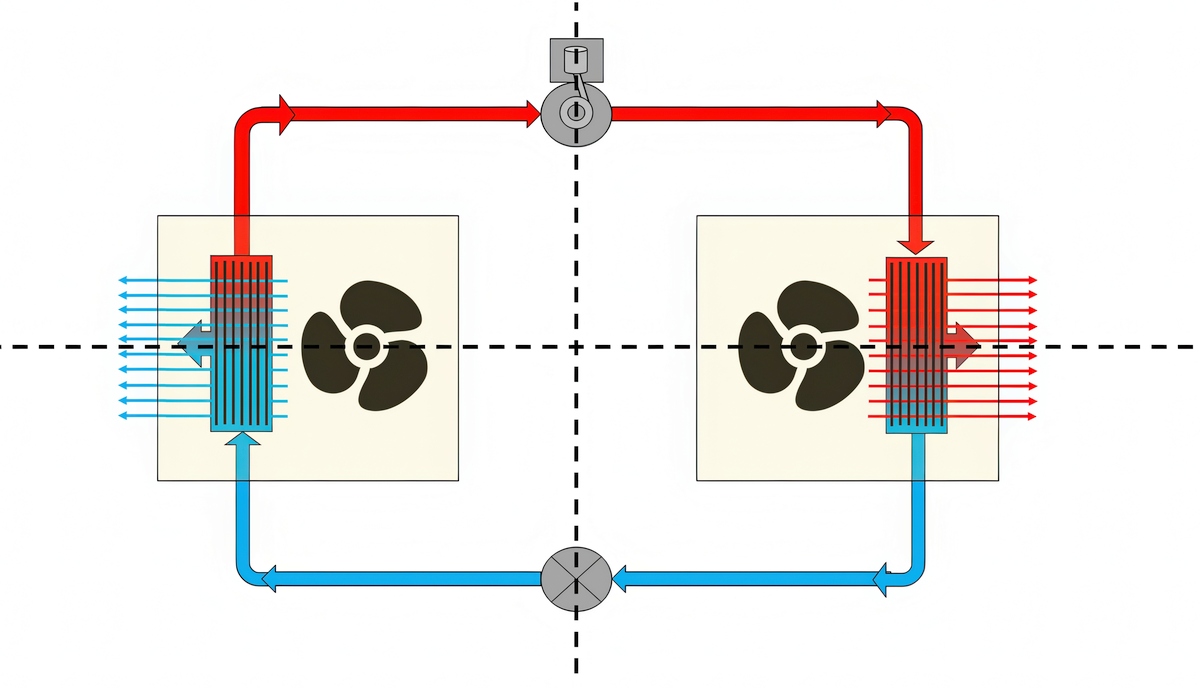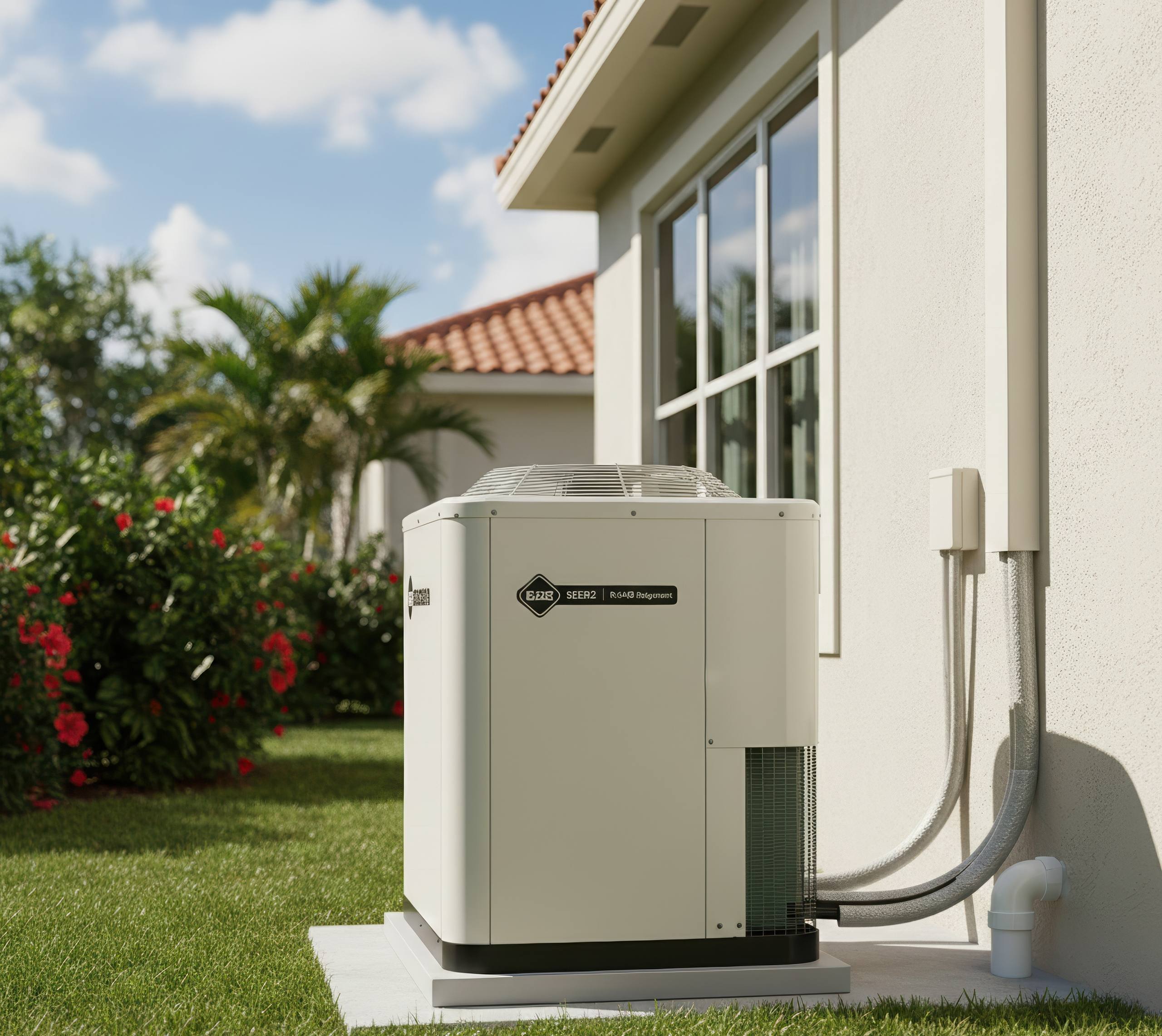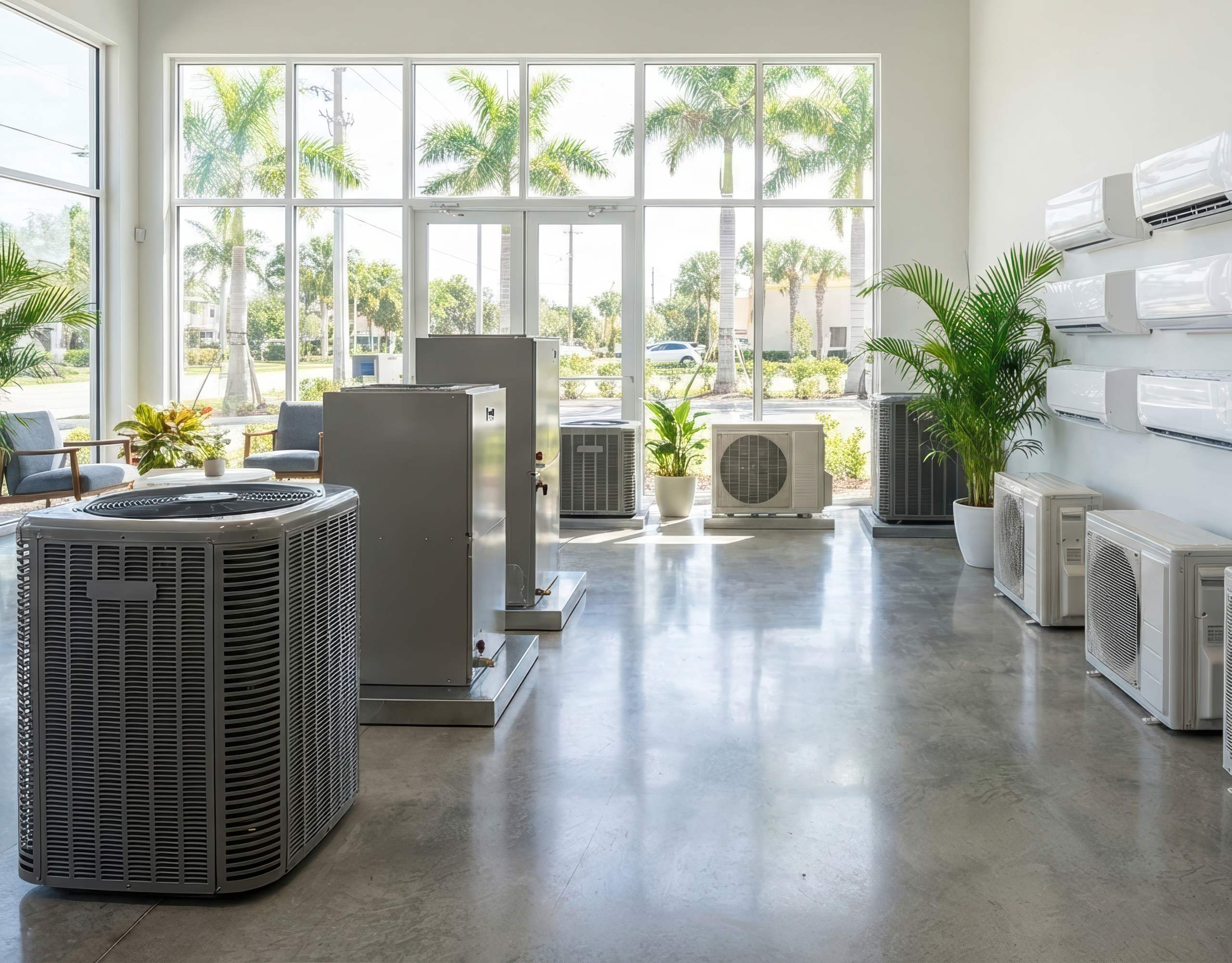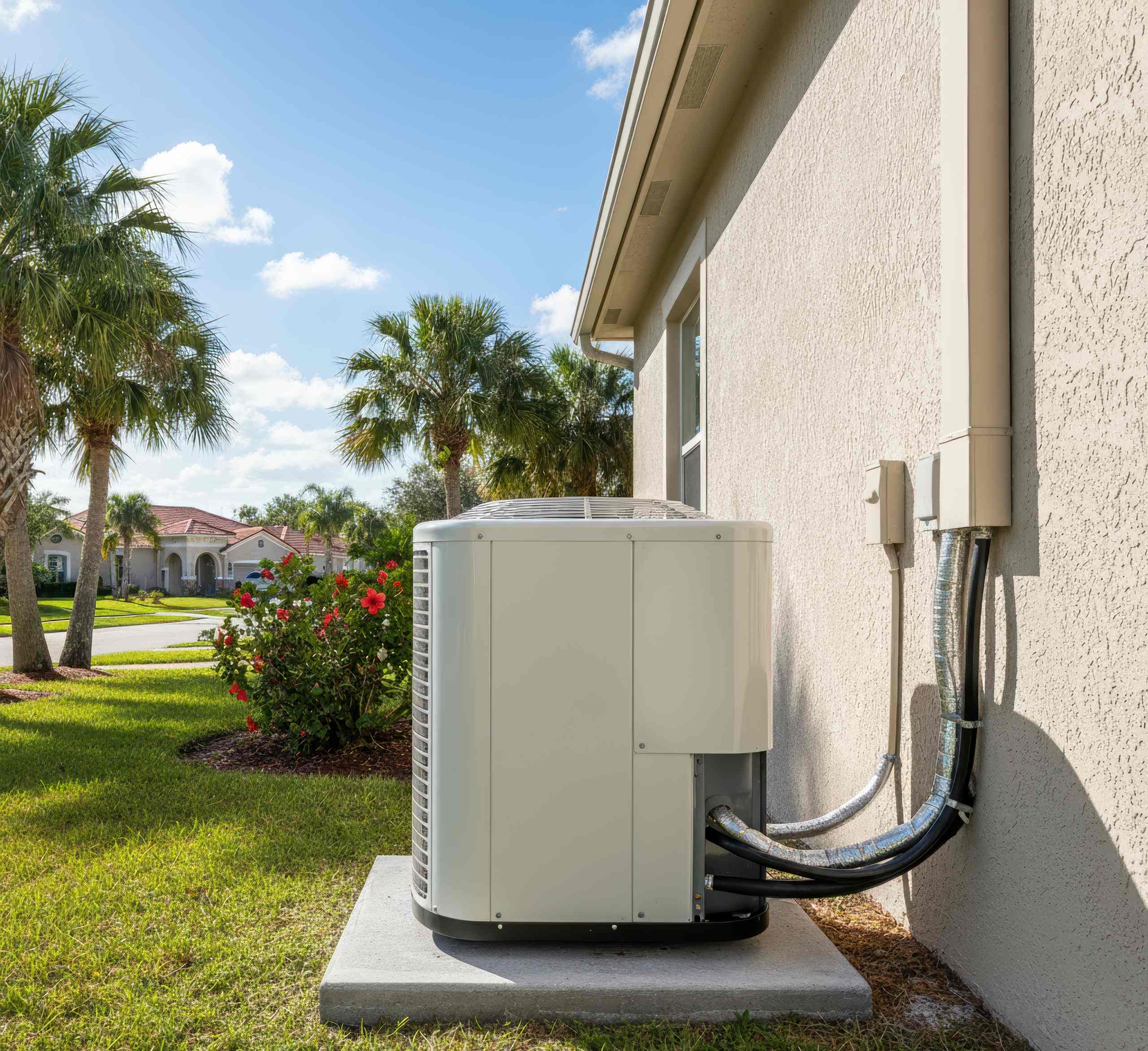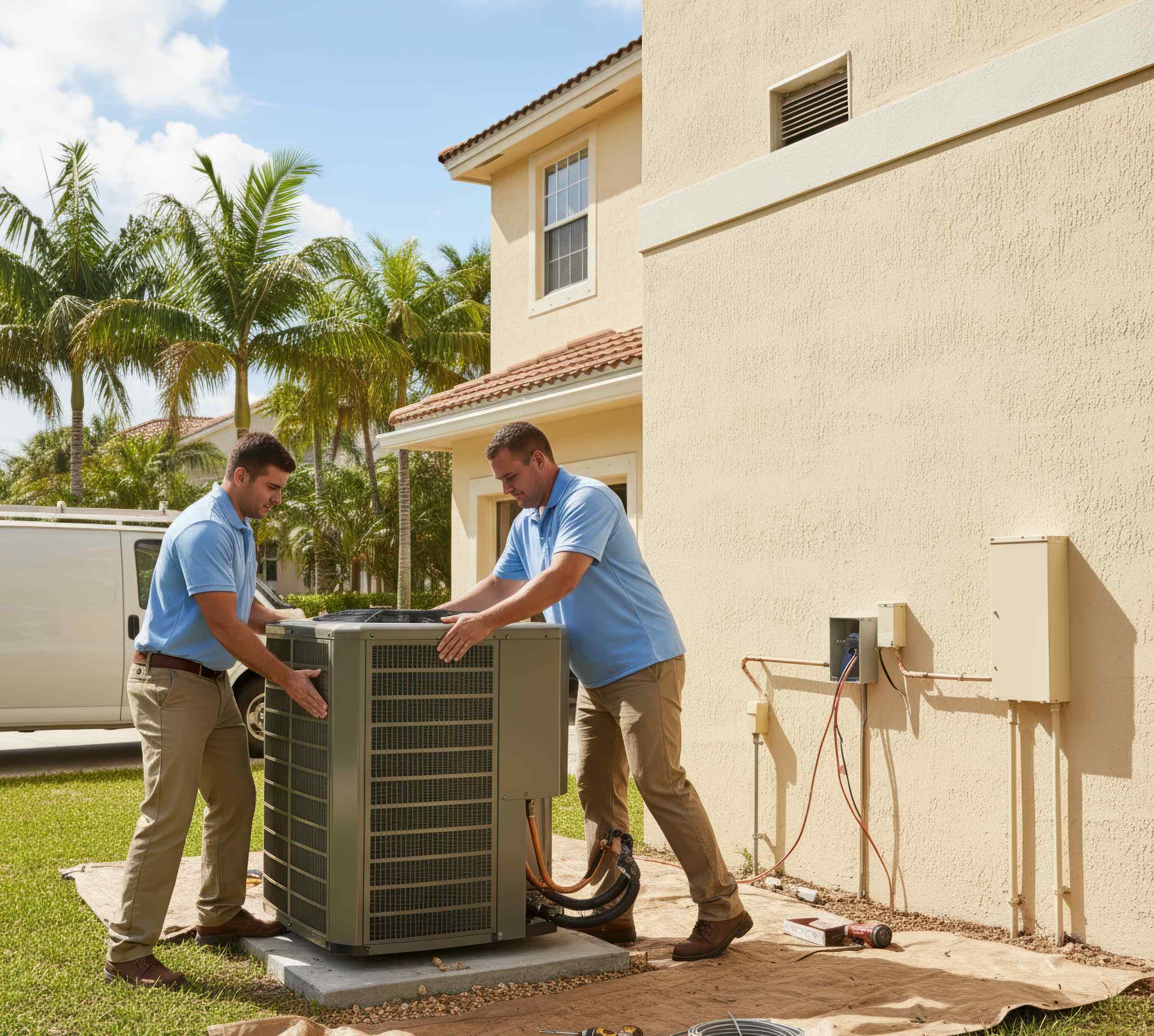Home air conditioners need enough of the right type of coolant for effective cooling performance.
AC coolant, which should only be handled by licensed AC professionals, must meet stringent safety standards. Staying up to date with these standards can be tricky as they change regularly.
So, let’s look at the main AC refrigerants available in Florida at present so that you can identify the right one for your home air conditioning system.
WHAT COOLANT IS USED IN AIR CONDITIONERS IN FLORIDA?
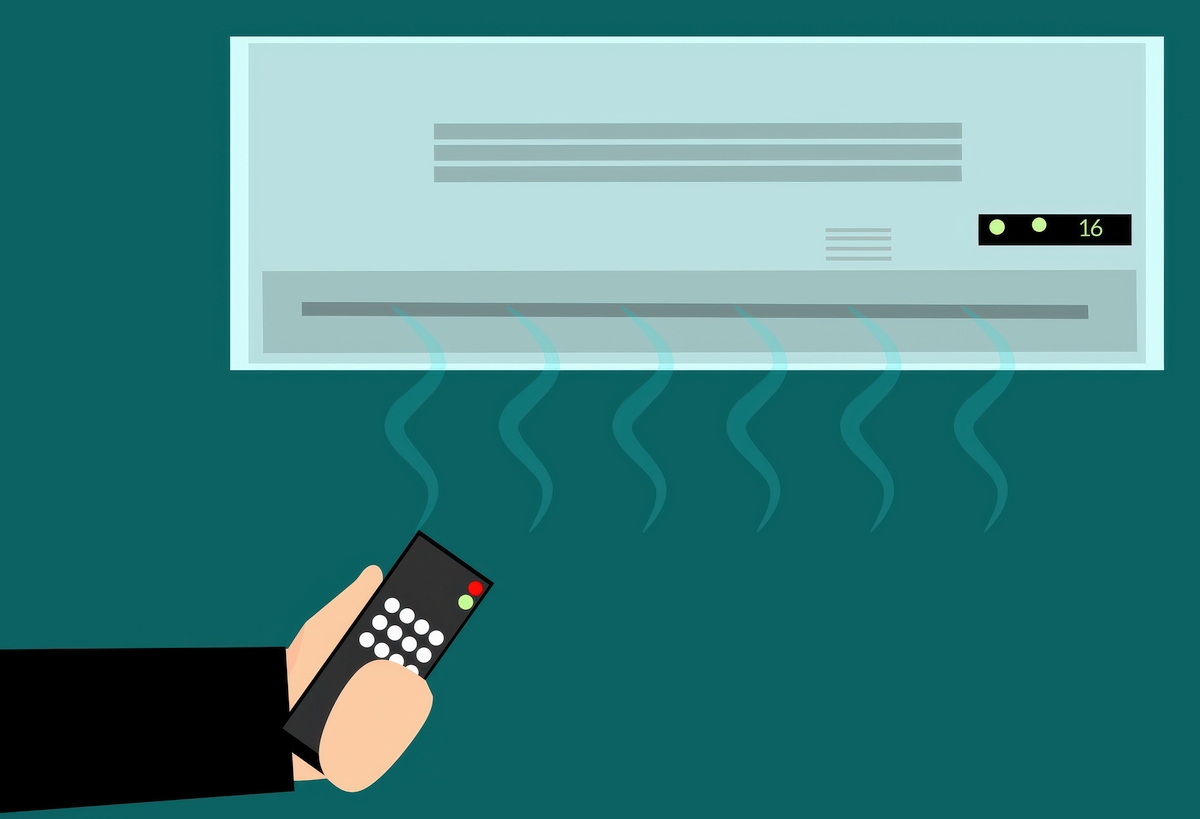
If your home air conditioner was manufactured after 2010, it likely uses Puron (R-410A) coolant. Even some air conditioners installed before that year use Puron but most used Freon.
Puron is already being phased out and next-gen coolants like R-32 and R-454B are increasingly used in new home HVAC systems in Florida.
STAY COOL ALL YEAR ROUND WITH ONE WAY AIR…
The team at One Way Air installs, services, and repairs all types of air conditioning systems in Southwest Florida. Get in touch with us here for a quote or call 239-233-4356 in emergencies.
WHAT IS PURON (R-410A)?
Puron is a brand name of a colorless, odorless, non-flammable gas or liquid that is instantly recognizable by its pink canister. This refrigerant (R-410A) was developed in 1991 to replace an older coolant called Freon or R-22.
Originally classed as more environmentally friendly, further research suggested that R-410A was not particularly energy-efficient, and could still be hazardous if it leaked during AC maintenance or repairs.
Furthermore, although Puron contains no chlorine, it does contain fluorocarbons and is considered less environmentally friendly than some alternatives. It too is being slowly phased out but you can expect to see its distinctive pink canisters in Florida for a while yet.
WHAT IS FREON (R-22)?
Freon is another colorless, odorless, non-flammable, gas or liquid that was first produced in 1928. Once used in most home air conditioners and recognizable by its green canisters, R-22 has been phased out since 2010 but air conditioners 15 years or older still use the substance.
Research suggested that the hydrochlorofluorocarbons (commonly known as HCFCs) released by Freon were harmful to the environment, depleting the ozone layer and contributing to global warming.
Since 2020, there has been a complete ban on the import or manufacture of R-22. Refills, if required, must come from stockpiles and recycled refrigeration liquid. According to the United States Environmental Protection Agency, a total HCFC phaseout will occur in 2030.
WHAT ARE “NEXT-GEN” COOLANTS R-32 AND R-454B?
With the phasing out of Puron from home air conditioning, next-gen refrigerants like R-32 and R-454B are increasingly used in modern HVAC equipment. These odorless substances are considered more environmentally friendly than their predecessors and are known as low global warming potential (“low-GWP”) blends.
We can expect modern AC units to increasingly adopt these new coolants. However, at present, they are far less common than Puron-based systems.
R-32 is generally considered the most balanced refrigerant for its environmental impact, energy efficiency, safety, and cost-effectiveness.
Coolant R-454B is already used widely in heat pumps and commercial chillers and is known for its reliable performance.
You may see both R-32 and R-454B referred to as “A2L coolants”. A2L is a coolant safety classification assigned by ASHRAE—the American Society of Heating, Refrigerating and Air-Conditioning Engineers.
ASHRAE assigns an identifying reference letter and number to each refrigerant, which classifies the refrigerant according to the hazard involved in its use. “A” designates low toxicity while “2L” designates mild flammability.
ARE ANY OTHER TYPES OF COOLANTS USED IN FLORIDA?
Whether you’re in Fort Myers or Tampa, you might come across a couple of other coolants when investigating the types of refrigerants used in Florida.
R-134a coolant
R-134a is a similar coolant to Puron in that is a hydrofluorocarbon (HFC)-based gas. It is used worldwide in residential air conditioners, as well as automotive and commercial air conditioning systems.
R-407C coolant
R-407C is another hydrofluorocarbon (HFC) and shares many of the properties of Freon R-22. You won’t see it used much in home AC as it has lower efficiency than other coolants.
Here is a full list of acceptable substitutes for residential AC systems in the U.S.
WHY DOES AC NEED COOLANT?
AC coolant barely gets a thought until a unit starts blowing warm air and AC repairs are needed because of a coolant leak. A technician will likely show up with a pink (or other color) canister of the coolant gas and get to work.
AC works because of a complex system of heat exchange involving several components all working together—if one component fails, the entire system can fail. Without coolant, your central AC would just blow hot air through the duct and vents and around your home. It is the heartbeat of your air conditioning system.
Coolant has a unique response to heat and pressure, rapidly changing states between liquid and gas forms. This is essential for the heat exchange process, where heat is removed from the indoor air, transferred outside of the home, and replaced with cool air.
Warm indoor air enters the AC and passes over the evaporator coils, which contain the refrigerant. Within the coils, the refrigerant changes from a low-pressure gas to a high-pressure liquid in a closed system. The refrigerant absorbs the heat.
As the heat from indoors is absorbed, the refrigerant becomes liquid and is sent outside to the outdoor AC unit, which is responsible for cooling. It returns the refrigerant to its gaseous form.
Fans in the AC unit help to cool the refrigerant so it can repeat the heat absorption process until the temperature on the thermostat is reached.
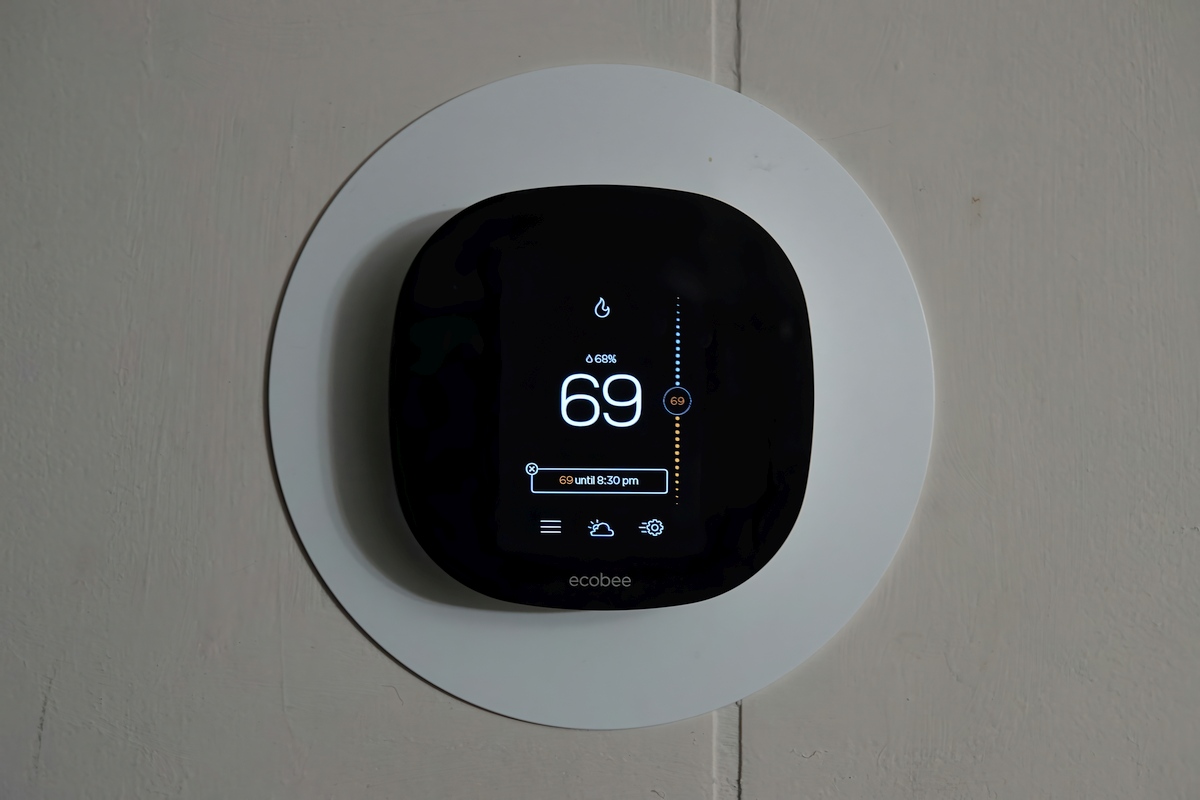
AC costs in Florida are high. It pays to know how your AC works, how to maintain it, whether it is running efficiently, and how to spot the signs of problems with an air conditioner.
COOLANT REGULATIONS IN FLORIDA
Under the U.S. Clean Air Act and the Montreal Protocol on Substances that Deplete the Ozone Layer, the U.S. phased out the use of CFCs in the 1990s and is currently phasing out the use of HCFCs.
According to the Environmental Protection Agency (EPA):
“These chemicals eventually reach the stratosphere where they deplete the stratospheric ozone layer. The ozone layer helps protect us from harmful ultraviolet (UV) radiation that can cause skin cancer and cataracts.”
Coolant disposal
AC coolants must be disposed of carefully to prevent accidents and environmental harm. This is also required under the provisions of the Clean Air Act and failure to follow the rules can result in hefty fines. You can read more about disposing of AC equipment and refrigerants here.
If you’re considering a new AC installation and are unsure about compliance with local regulations in Florida, speak to an AC professional at One Way Air for a rundown of your options.
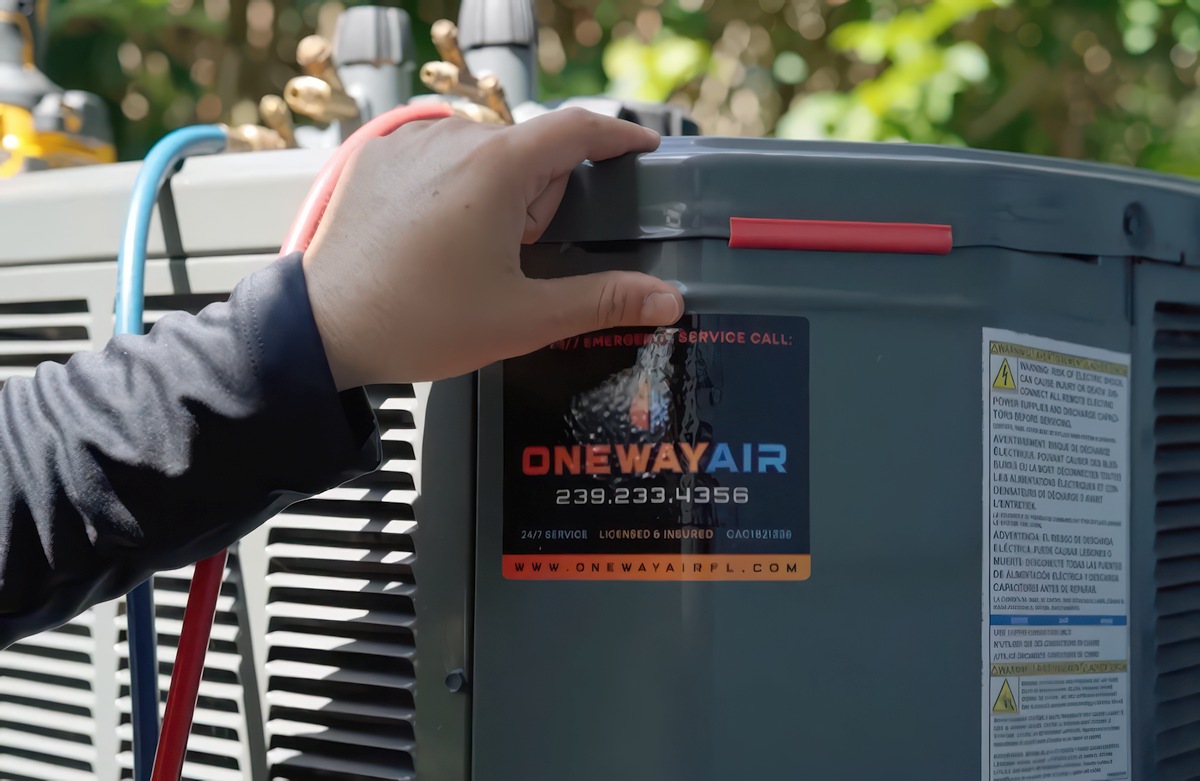
FAQs
Do new AC systems need new coolants?
Most AC systems are designed to work with one type of refrigerant only so the move toward using coolants with lower pollutant levels, such as A2L refrigerants, has prompted changes to the designs of cooling systems. The operating pressures for some coolants are greater than others, requiring components that work at greater pressures. This has coincided with the development of equipment offering greater efficiency, in many cases.
Are the same coolants used in home AC and cars?
In automobiles, coolant usually refers to the substance used to prevent the engine from overheating. Air conditioning coolant removes heat from the air, resulting in cooler air temperatures.
How can I find out what kind of refrigerant my home AC uses?
The refrigerant used in a home AC should be listed on the unit’s nameplate, which is usually positioned on the outdoor condenser unit. If not, it should be in the manual that was issued with your AC unit or you can speak to the company that supplied your unit or performs AC maintenance.
What is a “low refrigerant charge”?
You may hear the term “low refrigerant charge” when troubleshooting AC problems or getting your AC system serviced. This simply means that your unit is low on coolant, which can point to a deeper issue, such as a cracked coil and a coolant leak. If you encounter this, book immediate AC repairs as coolants can be hazardous.
How do I know if I have low AC refrigerant levels?
Most AC refrigerants lack color or odor, so leaks can be difficult to detect. Some common signs of low AC refrigerant levels include:
- Bubbling or hissing noises from refrigerant lines
- Lack of home cooling despite the AC running
- Ice on the refrigerant lines
- Higher energy bills
If you notice any of these signs, arrange an immediate inspection and tune-up of your system from an HVAC professional.
What should I do if my home AC uses old refrigerant?
Air conditioning systems are generally designed to use one type of refrigerant. If you’re still running a Freon-based AC system, you’re not breaking any rules and, if required, can still top up the coolant from existing stockpiles.
When the time comes to replace your AC unit, consult with AC professionals at One Way Air to select an energy-efficient system that uses a non-ozone-depleting alternative.
Does changing coolant require new refrigerant lines?
Usually, an AC system that’s been upgraded to an environmentally friendlier solution can use the existing refrigerant lines. These insulated copper lines must be of the right diameter specified by the AC equipment manufacturer and all traces of the old refrigerant and oils must be removed.
AC TUNE-UPS AND REPAIRS IN SWFL
Maintaining an efficient AC system is essential for your pocket as well as your comfort.
If you’re in SWFL and have any issues with your cooling system, contact One Way Air to arrange a full inspection and a tune-up or repairs to prolong the life of your AC.

